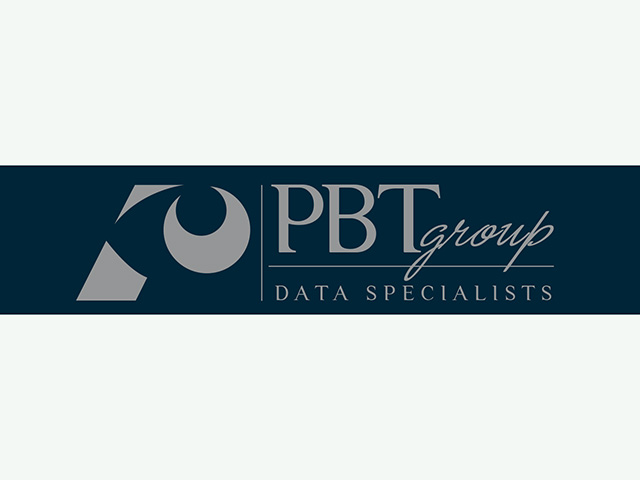Understanding the value of predictive modelling for business optimisation in uncertain times
By Staff Writer 13 September 2022 | Categories: feature articles
Predictive modelling is a critical component for any business looking to optimise their operations. As the name suggests, it entails forecasting outcomes for a business based on different permutations. “Having access to highly predictive models for driving organisational insights and intelligent decisions during today’s uncertain times and in a fast pace digital world has become a priority,” says Ryan Wedlake, data analyst at PBT Group.
While predictive modelling and machine learning (ML) are often used interchangeably, there are significant differences especially when it comes to model building.
Predictive modelling involves the use of more traditional models that have a classical underlying mathematical foundation, the simplest of these being linear and logistic regression. These models are used to predict future outcomes by making use of past data.
“While these models are often the first ones used to solve a problem, they require a large amount of historical data to perform well. Furthermore, they tend not to ‘learn’ from the data. So, unless they are continuously manually updated, they generalise poorly when it comes to new data. However, their accuracy is often good for the data they are fitted on. These models assume that the data follows a mathematical distribution, though these assumptions must be validated beforehand, especially if hypothesis testing is to be performed,” says Wedlake.
For their part, ML models tend to be more complex and require more computing power for training. The ML models can be trained on less historical data and tend to adapt themselves and learn from experiences.
“ML models are better candidates for putting into production because they do not need to be refined as often as the more traditional, predictive ones. ML models can learn in both supervised and unsupervised ways. A supervised ML model includes the traditional regression models that are used to predict an outcome. Unsupervised models are those that do not need a dependent variable to learn from the data, an example being a model used for cluster analytics,” adds Wedlake.
Quality of the data
An advantage of traditional models is that they can be more easily explained to an audience who does not have the background of a statistician or data scientist. The complexities of ML models make them difficult for business to understand and the outcomes can be hard to explain. Many companies are therefore hesitant to use these models for predicting significant business processes.
“This mindset is changing however, due to the superiority of performance of ML models, their resilience with new data, and the fact that ML models are easier to put into production, make for compelling use cases. But regardless of the model used, it must be built on access to quality data. While this quality is less of an issue with ML models, it is always advisable to have the best quality data available,” says Wedlake.
The science
Of course, arriving at quality input data is not a trivial exercise. This is why it is essential to use data specialists who can significantly aid in preparing the data for modelling which can take up the longest time of the entire modelling process.
The task of fitting models to answer business questions should be left up to data scientists or experts that are trained in advanced analytics. These are the individuals who tend to understand more about the complexities of the models, when it is appropriate to use the distinct kinds of models, and the diverse types of data catering for various business situations. The interpretation of the results of models can also be a minefield and this requires specialised skills.
“We have ventured into the domain of data science. This provides businesses with access to a well-rounded consultancy to call upon whether it is for the first step in the modelling process to get the data quality up to standard, or for the subsequent steps of fitting appropriate models and the correct interpretation and utilisation of the model results,” concludes Wedlake.
Most Read Articles

Have Your Say
What new tech or developments are you most anticipating this year?



